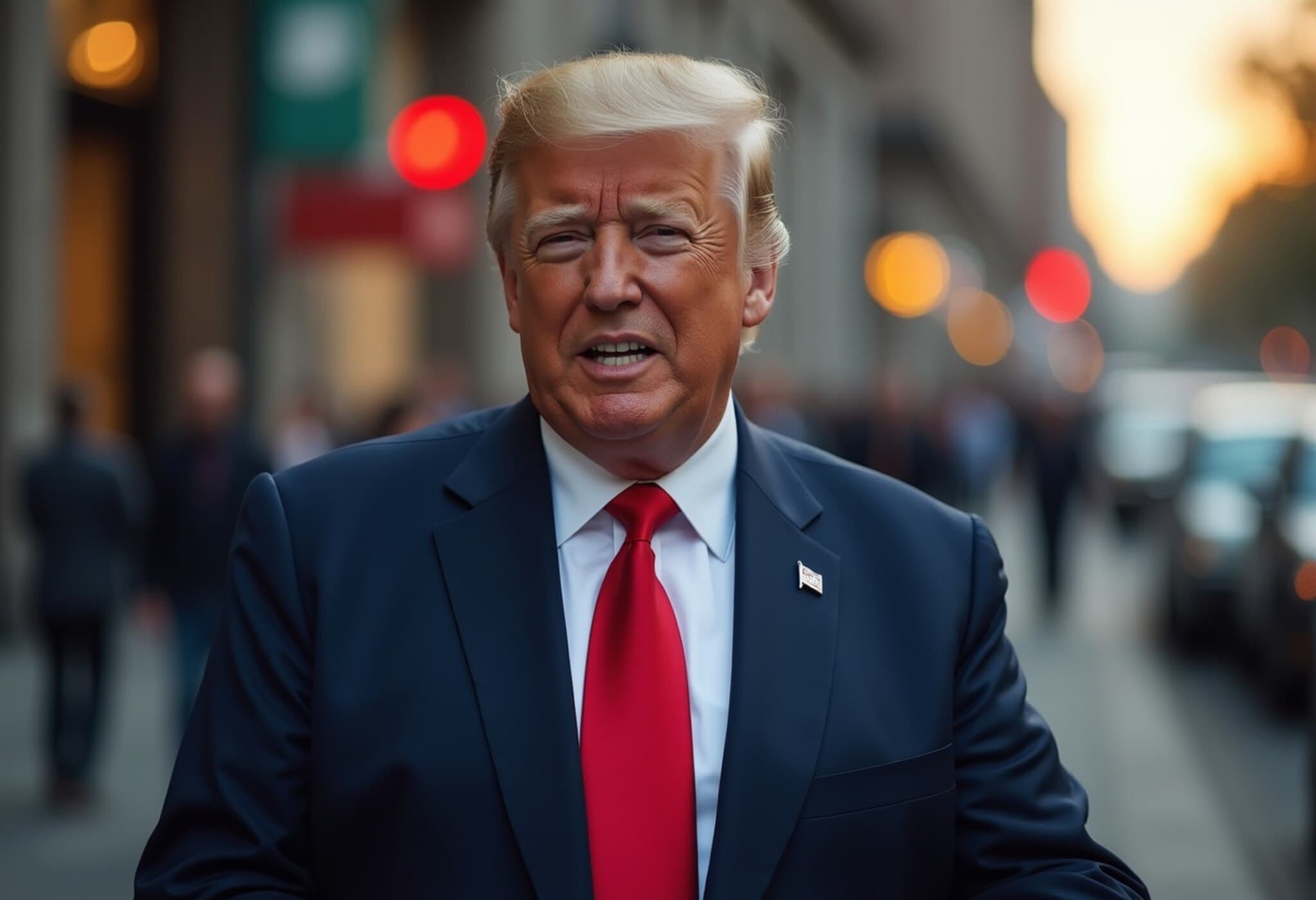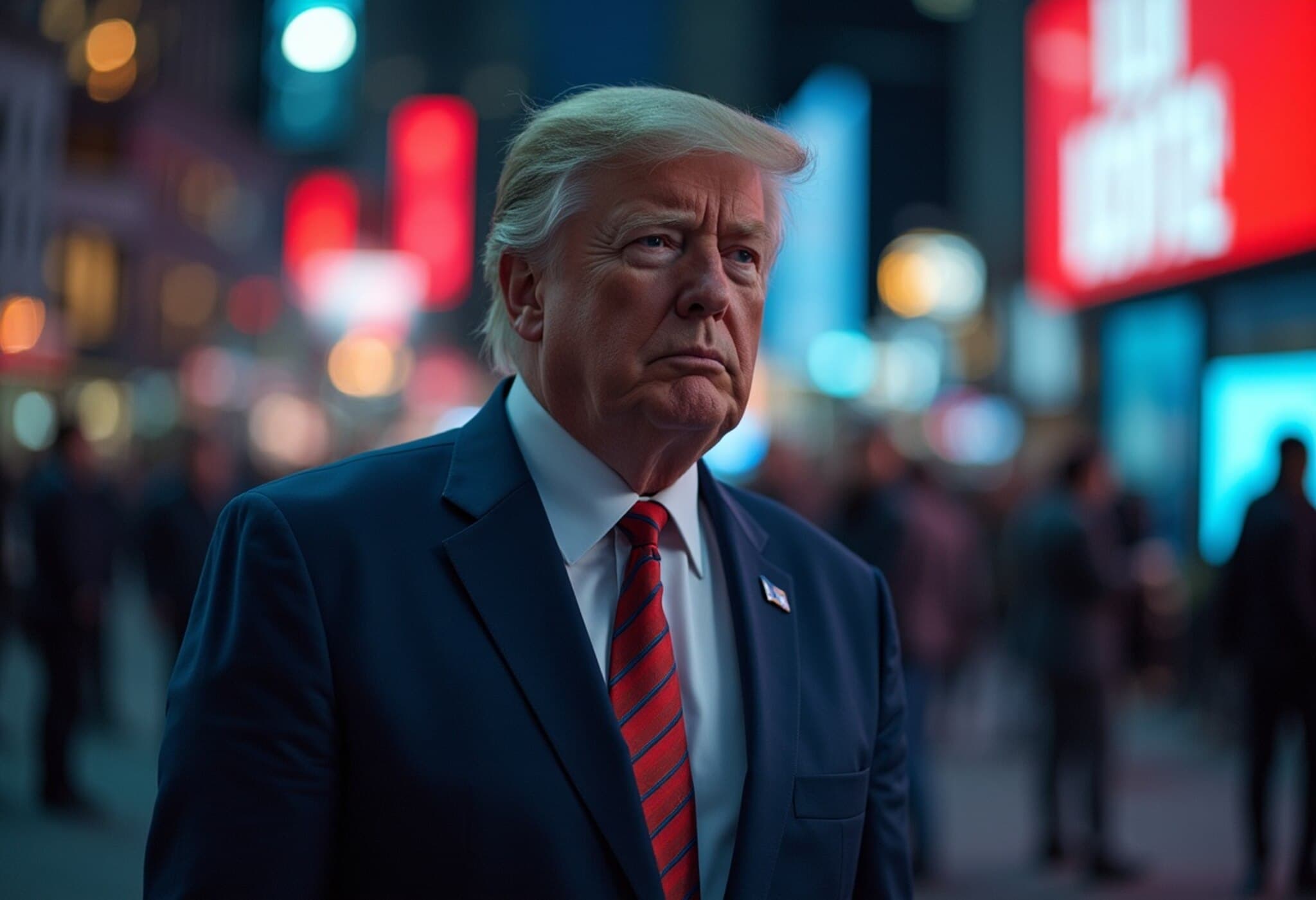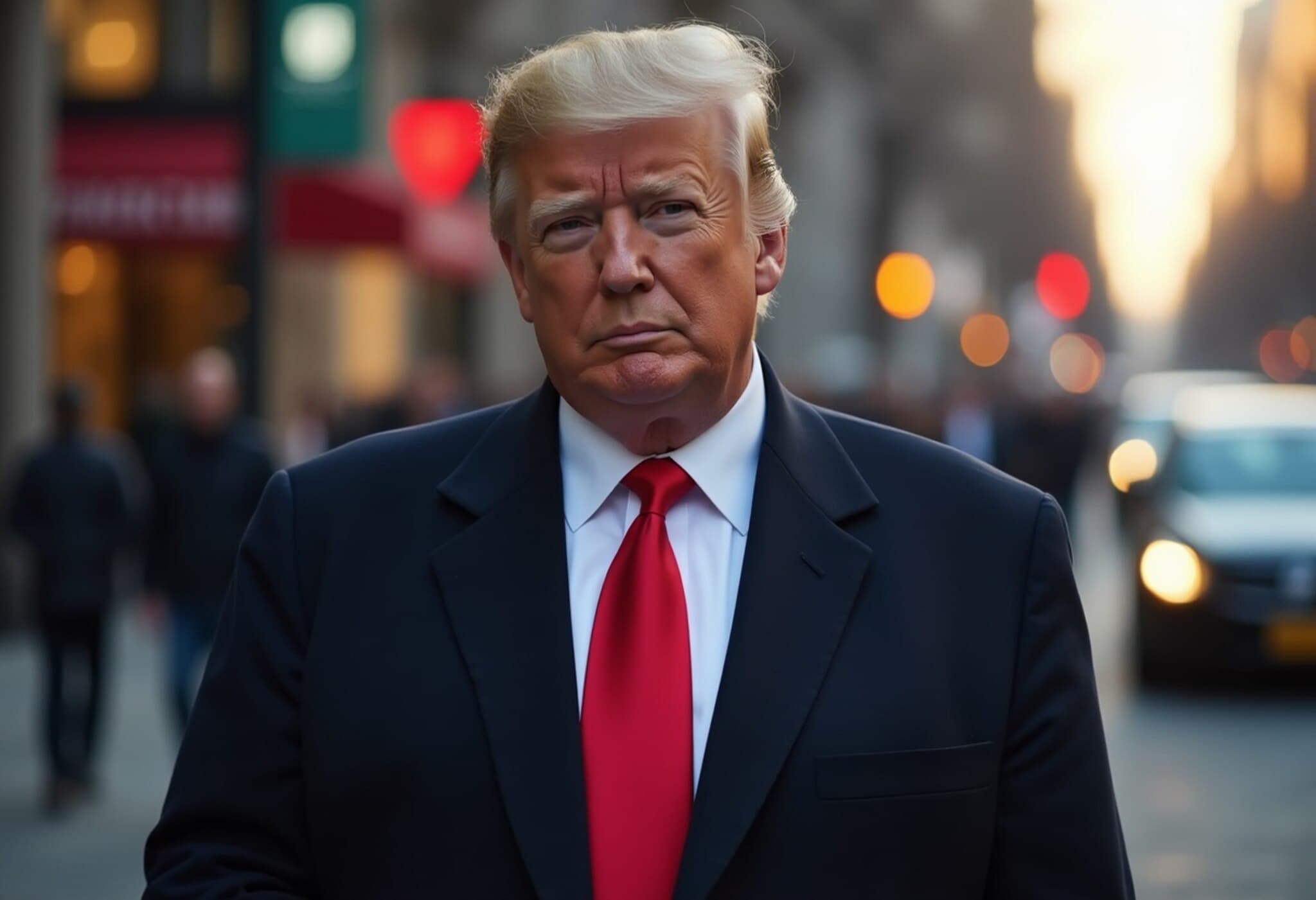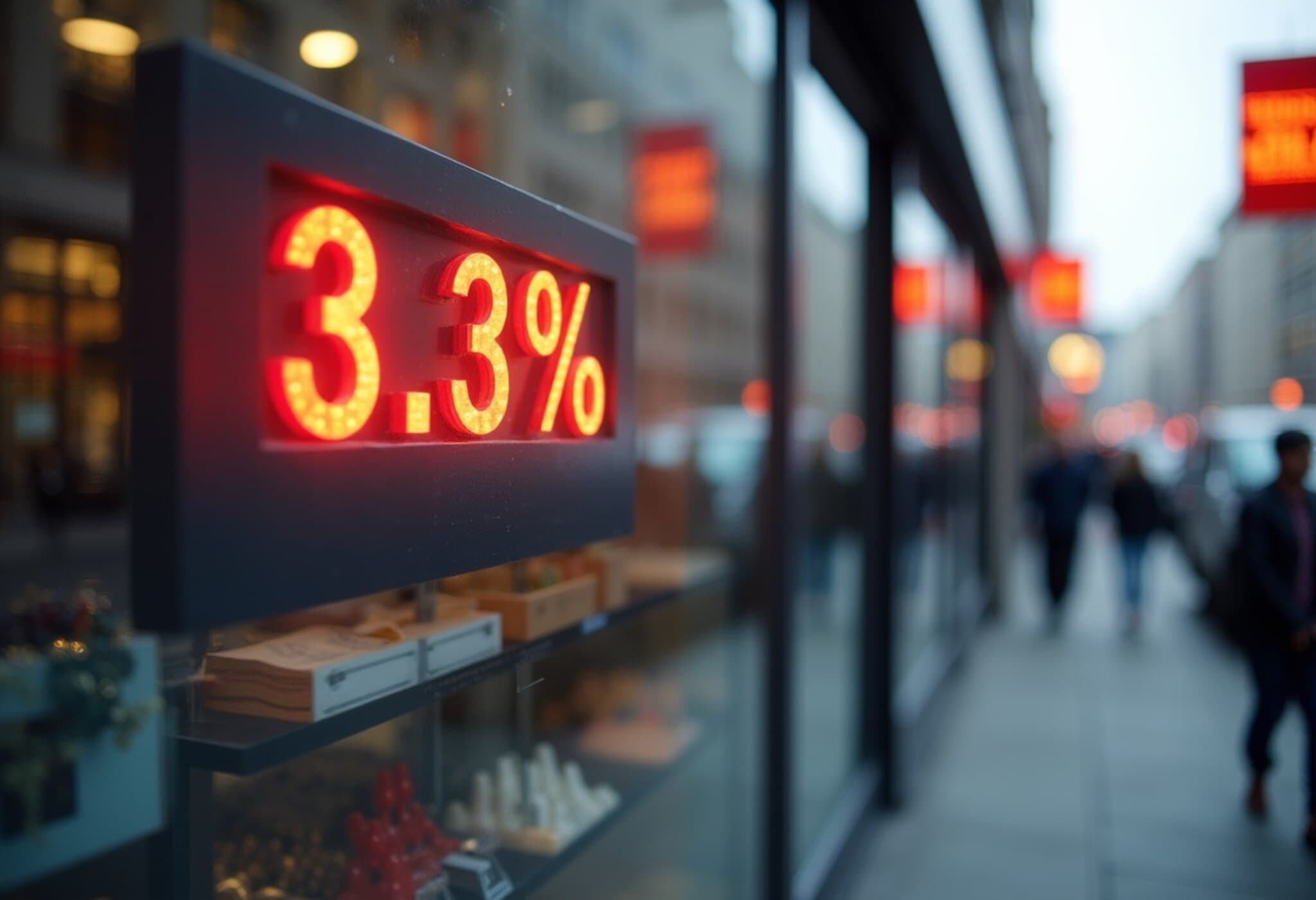Unprecedented Stock Surge for Hong Kong-Based Herbal Medicine Company
A small Chinese herbal medicine manufacturer, Regencell Bioscience Holding Ltd., has taken the investment world by storm with an astonishing 58,000% surge in its share price, despite having no revenue to date. This explosive growth has propelled CEO Yat-Gai Au's stake, who owns 86% of the company, to a staggering value of $25.6 billion, eclipsing some of the biggest names on the global billionaire lists.
The Company at a Glance
Regencell Bioscience, headquartered in Hong Kong, specializes in traditional herbal treatments targeting neurodevelopmental disorders such as ADHD and autism spectrum disorder. While the company remains in the research and development stage, it has yet to generate profits and recently reported a loss of $4.4 million for the fiscal year ending June 30, 2024.
Remarkably, the business is largely self-financed by Yat-Gai Au, who has invested over $9 million out of his own pocket. According to company statements, both Regencell and its affiliated foundation are passion projects for Au, who remains committed to advancing their mission based on personal conviction.
Background and Challenges
Founded in 2014, Regencell markets and licenses traditional remedies developed by Au’s father, Sik-Kee Au, a former electronics engineer and security alarm business owner. However, the family's medical practices have faced scrutiny; Sik-Kee Au was found guilty of professional misconduct in 2021 by Hong Kong authorities related to overprescribing medications.
Adding to its challenges, the company currently lacks a chief medical officer following a resignation in 2022, underscoring its developmental stage and risks involved.
What’s Fueling the Stock Frenzy?
The dramatic surge in Regencell’s valuation appears to be driven by rising interest in alternative medicine in the United States alongside regulatory shifts encouraging such therapies. However, market analysts caution that this meteoric rise may be unsustainable, bearing resemblance to prior speculative bubbles within niche health-related stocks that ended in sharp declines.
Investors should exercise care amid the current enthusiasm, as the firm's fundamentals are yet to match its skyrocketing market price.












